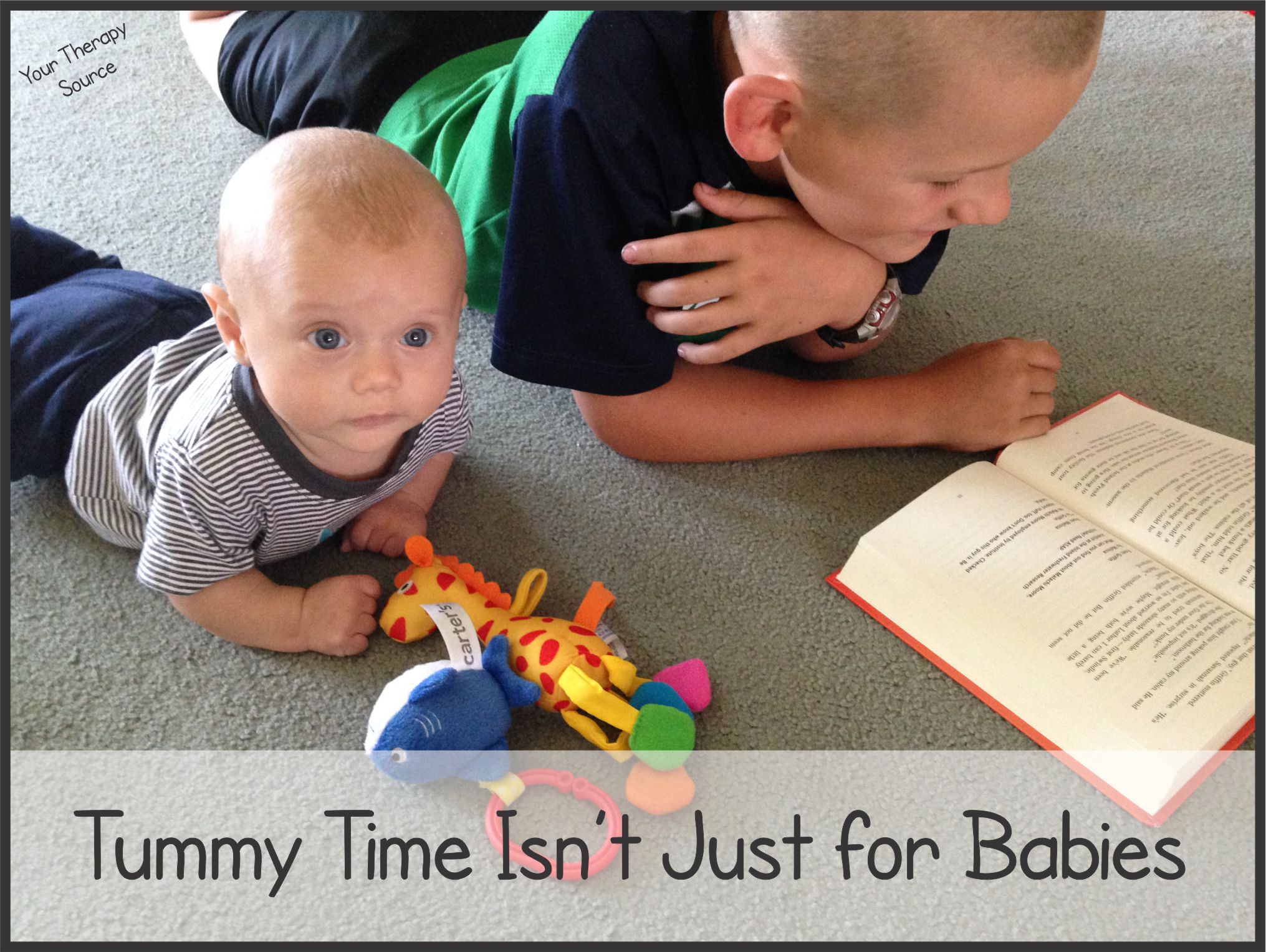Get Ready for Back to School
Perhaps you have already started back to school or will be shortly. Here are a few tips to make sure you are ready for those first few days back at school providing therapy: 1. Stay calm during scheduling. If you work as a school based therapist you know how stressful scheduling can be. Just try […]









